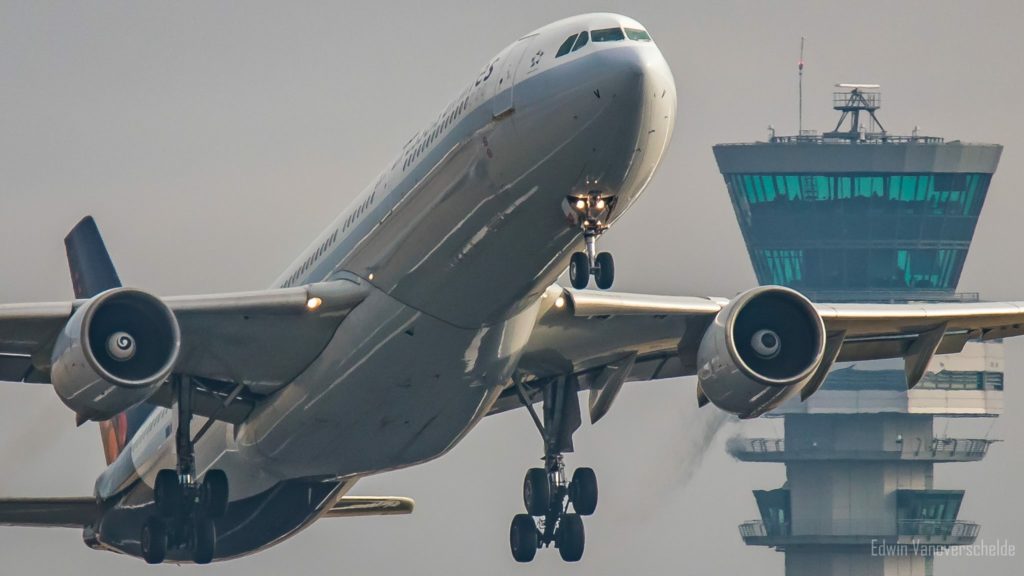
Initially intended to discourage air travel on distances of less than 500 kilometres in order to encourage alternatives like the train, the proposed tax will now affect all flights, to varying degrees.
This boarding tax was in the first government proposal supposed to apply only to short hops of less than 500 kilometres in order to encourage alternatives such as the train, for example.
In the new project negotiated recently between the government partners, the “plane tax” would be 10 euros per ticket if the final destination on departure from Belgium is located less than 500 kilometres from the departure airport (excluding transit). It would be 2 euros if the final destination from Belgium (excluding transit) is located more than 500 kilometres within the European Economic Area (EEA), and 4 euros outside the EEA. In other words, all flights will be affected.
According to 2019 statistics (before the coronavirus crisis), around one million people travelled from the Brussels Airport to destinations of less than 500 kilometres, mainly to three airports: Amsterdam, Frankfurt and London.
According to a document from the Federal Public Service Mobility seen by the newspaper La Libre Belgique, there were “455,365 tickets departing from Belgium (excluding transit) for a destination located less than 500 kilometres from the departure airport, 9,944,635 tickets departing from Belgium (excluding transit) for a destination located more than 500 kilometres but within the European Economic Area and 7,364,369 tickets departing from Belgium (excluding transit) for a destination outside of the EEA“.
Taking those figures into account, the proposed tax would yield 40 million euros per year, or 30 million euros in 2022 if it comes into effect on 1 April.
Many European countries already have this type of tax. The fact that Belgium is introducing it could, therefore, “limit its competitive advantage“, according to the research department of the Federal Public Service Finance.



